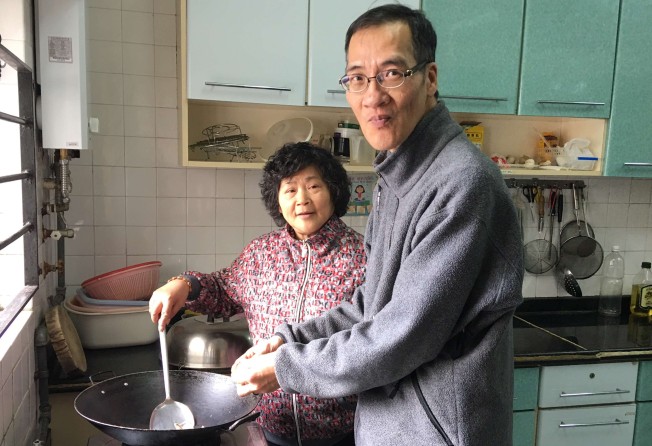
Hong Kong hospital redevelopment will force psychiatric patients to leave their refuge
Twenty patients will be affected, worsening the three-year wait for places in hostels

The redevelopment of Prince of Wales Hospital is set to displace some 20 psychiatric patients who prefer living in a group in one of the city’s few supported hostels.
The closure in March will worsen the plight of the 1,765 people waiting for a place in a service that helps recovering patients livewith their peers and integrate into the community, according to a non-government organisation.
The Clara House hostel supported by the Mental Health Association allows residents a high degree of freedom to live independently. They are allowed to go out to work, cook for themselves and do house cleaning.
The hostel comprises two 600-square-foot apartments available at discounted rents in vacated accommodation blocks in Prince of Wales Hospital in Sha Tin.
But they are set to be closed down and turned into hospital blocks under a redevelopment plan, according to the association’s Helen Chan Hei-ling.
The NGO looked for alternative sites to maintain the service, including an abandoned school in the New Territories, but it may take years for the government to give the go-ahead.
Without such accommodation, Chan said the hostel residents would either have to live alone or apply for a place at a nursing home, which she said would be misplacing resources.
“There is no need for them to enter a nursing home, where staff will cook, do the washing or lock them up at night,” Chan said, adding all they needed was company.

One of the residents, Cherry, who is in her 50s, said: “I am terrified of living along as it feels so lonely.”
“It is very cold to face just four walls when I get home. Nobody would know if I suddenly die.”
Cherry, who is single, lived alone in a village house where she had serious hallucinations. She was later admitted to hospital.
She was discharged when she recovered, moving into a government-funded halfway house for two years, where she managed to develop the skill to socialise with other residents.
When she had to move out after two years, she applied to live in Clara House.
“It is like a large family, and it feels really good that all patients are helping each other,” Cherry said. “The women go to shop for food together and cook together for everyone. When one of us gets sick, the others take care of that person.”
Unlike halfway houses where staff take care of their daily life issues, the supported hostel is managed by just four staff who provide check-ups and help only when it is needed.
The association urged the government to support NGOs that provide such services to fill current gaps and help the group seek a new location for its hostel.
Around 40,000 people have serious mental health problems such as schizophrenia.
Five supported hostels run by NGOs provide 125 residential places. Some 1,765 people with psychiatric problems wait an average three years for a place.